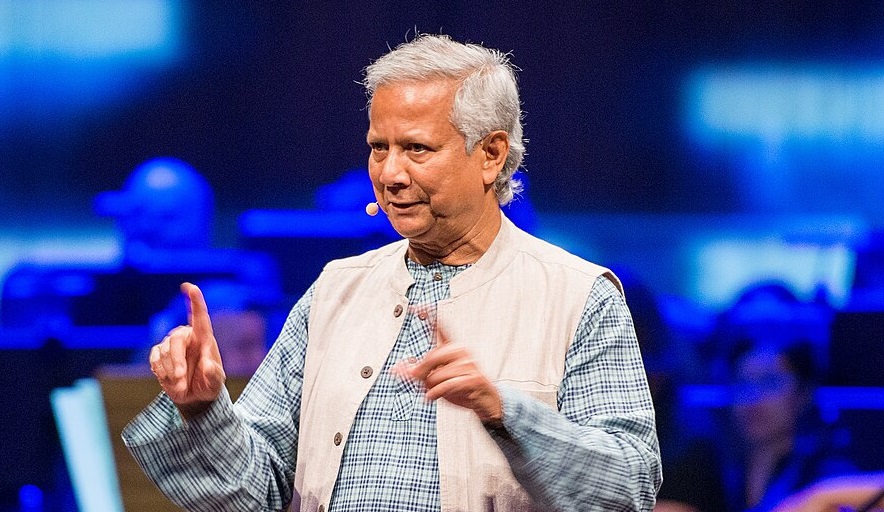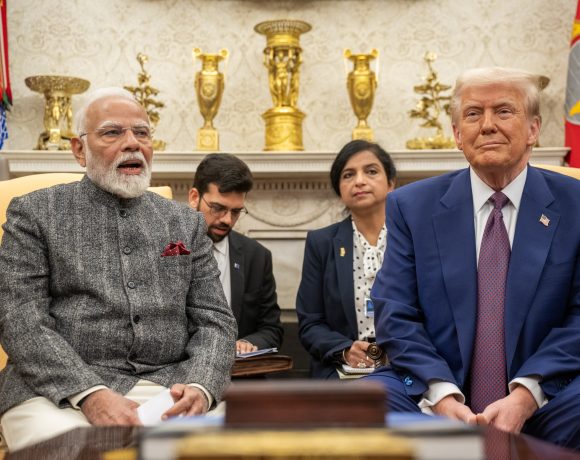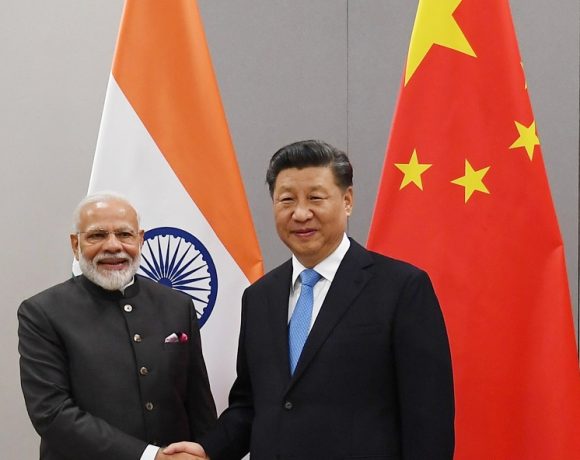
Muhammad Yunus to Continue as Bangladesh’s Interim Chief Amid Resignation Speculations
Nobel laureate Muhammad Yunus will continue to serve as the head of Bangladesh’s interim government, despite widespread speculation regarding his resignation. The clarification comes as political pressure mounts in the country and the interim administration struggles to push forward its roadmap to democratic elections.
Political Turmoil and Leadership Rumors
Yunus, who took charge as Chief Adviser following the political crisis and removal of Prime Minister Sheikh Hasina in August 2024, has been at the center of intense speculation. Recent chatter within political and media circles suggested that he was considering stepping down, citing increasing administrative hurdles and a volatile national climate.
However, those close to the interim government have dismissed these reports as premature and unfounded, stating that Yunus remains committed to completing the mission he undertook — guiding Bangladesh toward a democratic transition while maintaining social stability.
Adviser Refutes Resignation Reports
Planning Adviser Wahiduddin Mahmud addressed the resignation rumors directly, stating that Yunus had no plans to vacate his position. “He didn’t say he will leave. He said that while we face many obstacles in carrying out the work and responsibilities assigned to us, we are overcoming them,” Mahmud confirmed.
He emphasized that while the challenges are real — ranging from bureaucratic resistance to external political agitation — Yunus remains fully engaged in leading the government’s reform agenda.
Escalating Political Unrest
The interim government continues to face strong opposition, particularly over the delay in announcing a firm election date. Protests across the country have intensified, with opposition parties accusing the administration of dragging its feet and calling for clear timelines for a return to elected rule.
Despite the unrest, Yunus’s leadership has also been credited with avoiding further political violence and working to restore trust in public institutions that had eroded during the previous administration.
Commitment to Democratic Transition
Yunus has consistently maintained that his role is transitional and that general elections will be held by June 2026. His administration has promised to carry out electoral reforms, ensure press freedom, and guarantee impartiality in governance processes leading up to the vote.
The current phase of Yunus’s leadership appears to be one of consolidation — reaffirming democratic goals while facing down both internal dissent and external skepticism. His decision to remain at the helm suggests that the interim government remains focused on managing the transition amid turbulence, rather than conceding to instability.


















